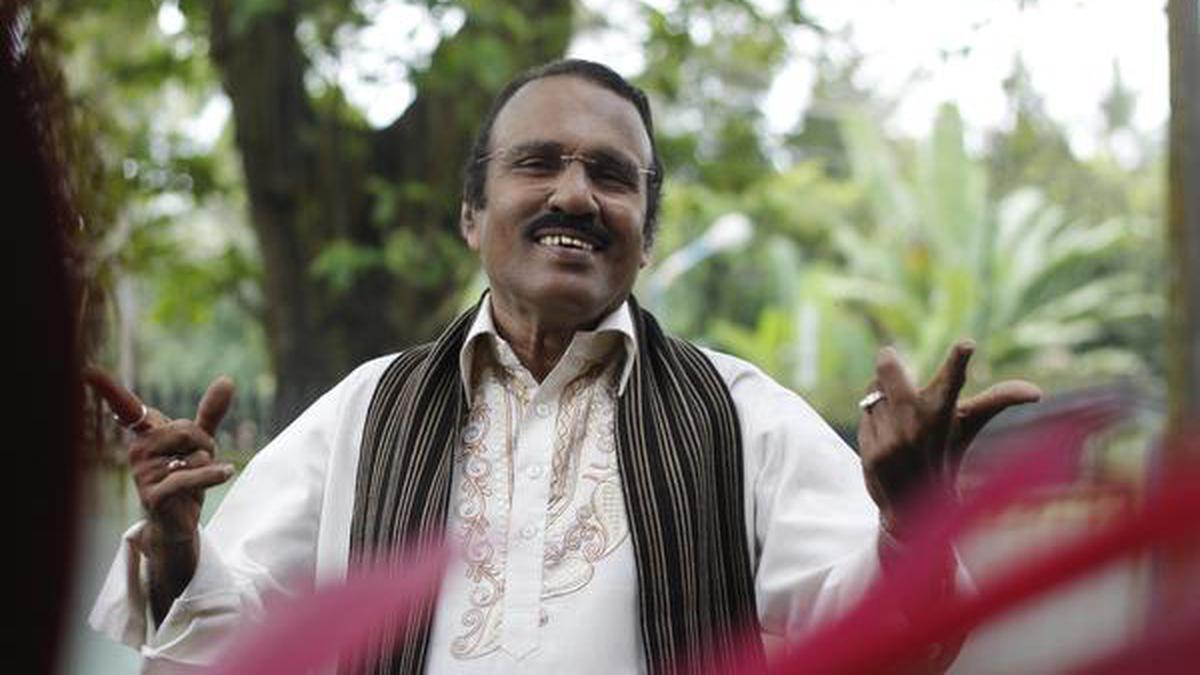When you utter the word ‘ghazal’, what comes to mind are the timeless verses of Mirza Ghalib and the haunting voices of Mehdi Hasan, Farida Khanum, Ghulam Ali, and Jagjit Singh. Ghazal is a celebration of both poetry and music. This musical form, whose popularity is limited to the North of India, has been facing challenges and struggling to draw audiences.
But in the recent past, it has managed to cross boundaries to enter an unfamiliar terrain — Kerala. Its growing acceptance in this southern state, dominated by Carnatic music, must be credited to musician-composer Umbayee. Known for his unique style of singing, he not only introduced ghazal to music-lovers in Kerala but also began writing ghazals in Malayalam.

But Umbayee’s decision to compose ghazals in Malayalam did not find favour in the music industry, leading to many poets refusing to write for him. They felt the genre may lose its original flavour. These arguments did not deter Umbayee, who felt emotions of love and heartbreak are universal and can be expressed in any language.
He singlehandedly established the form in Kerala. Artistes, who later took to ghazal singing were only following his footsteps. Raaza and Begum will soon be releasing a ghazal album.
| Photo Credit:Special Arrangement According to ghazal singer Raaza Razaq, in Kerala the form may not strictly follow the ghazal format such as radif (each couplet ends on the same word or phrase), qafia (repeating pattern of words) and Maqta (last sher in a.
















